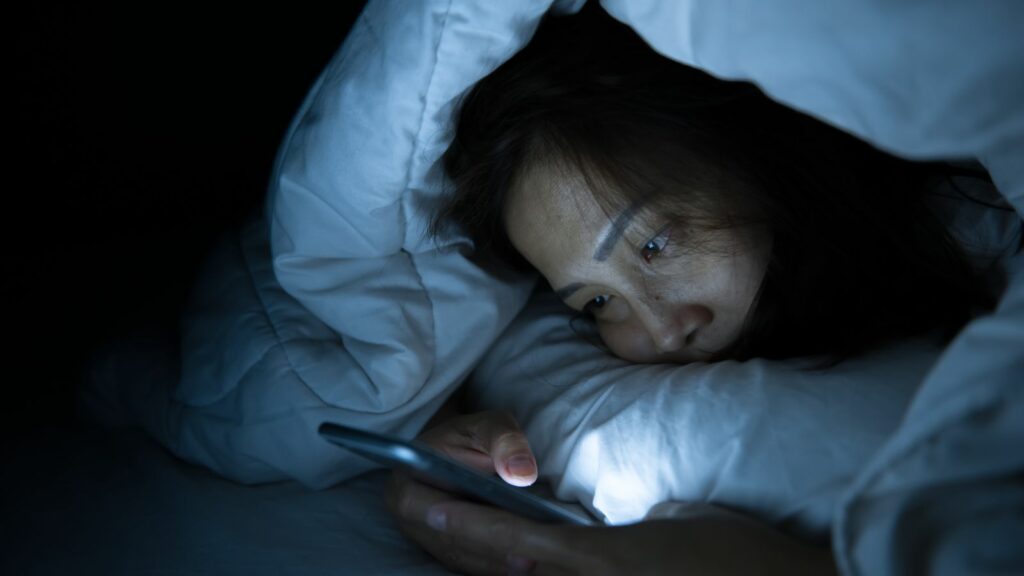Sleep is more than just a time for our bodies to rest; it’s a crucial process for mental and physical well-being. It’s when our bodies heal, our minds rejuvenate, and our emotions recharge. But despite our best efforts, many of us still struggle to get the quality sleep we need. While we’re all familiar with common sleep disruptors like stress, too much caffeine, or excessive screen time, many hidden culprits can sabotage your sleep.
Here’s a look at 18 unexpected factors that could interfere with your restful nights—and how you can address them.
Your Pillow Choice
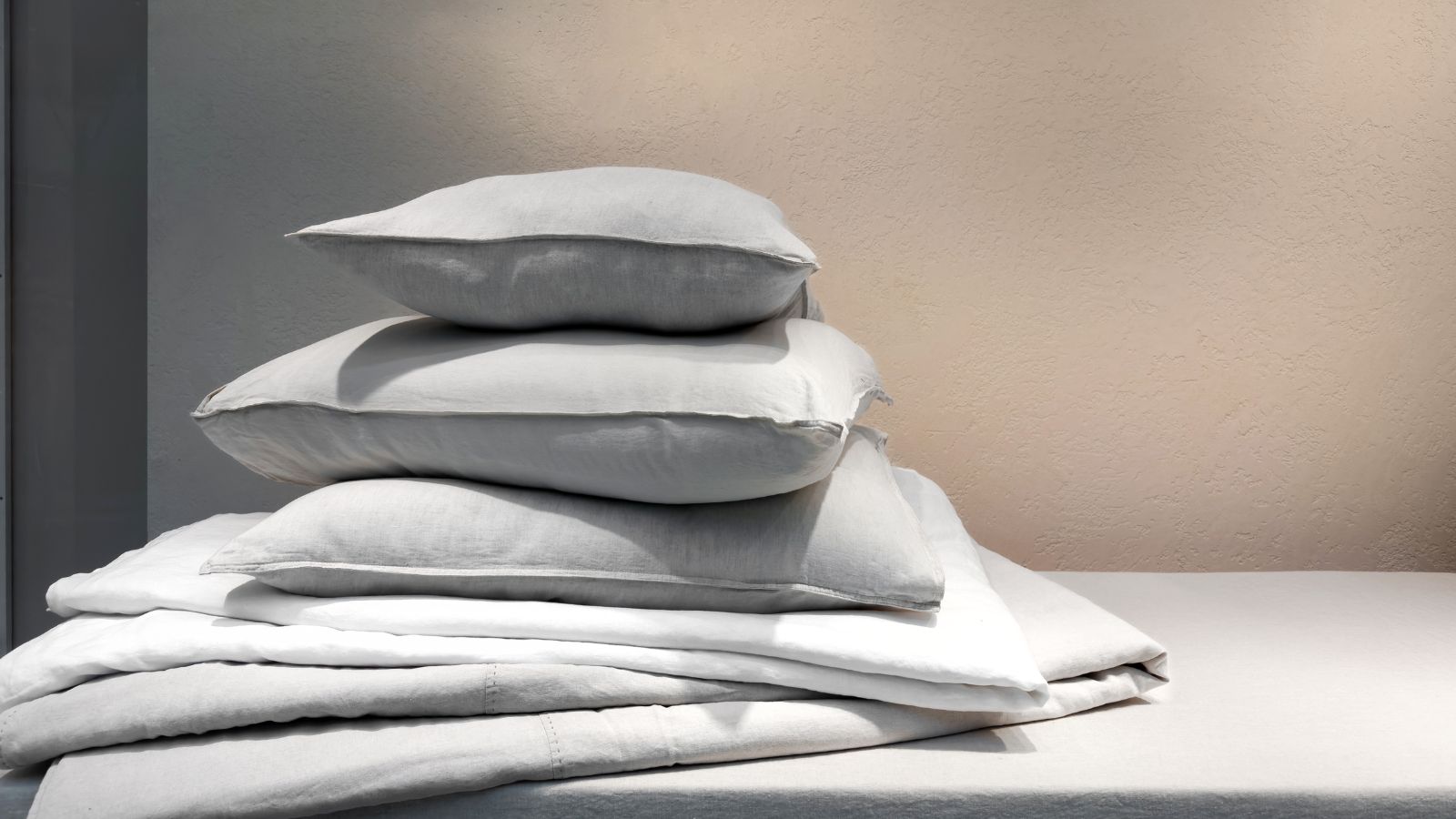
A good mattress might get most of the attention, but your pillow plays an equally important role in your sleep quality. An uncomfortable pillow that doesn’t support your neck properly can lead to tension and discomfort, leaving you tossing and turning through the night.
If you wake up with neck or back pain, it’s time to rethink your pillow choice. The right pillow will help maintain your spine’s natural alignment so you wake up refreshed rather than stiff and sore.
Sleep Position
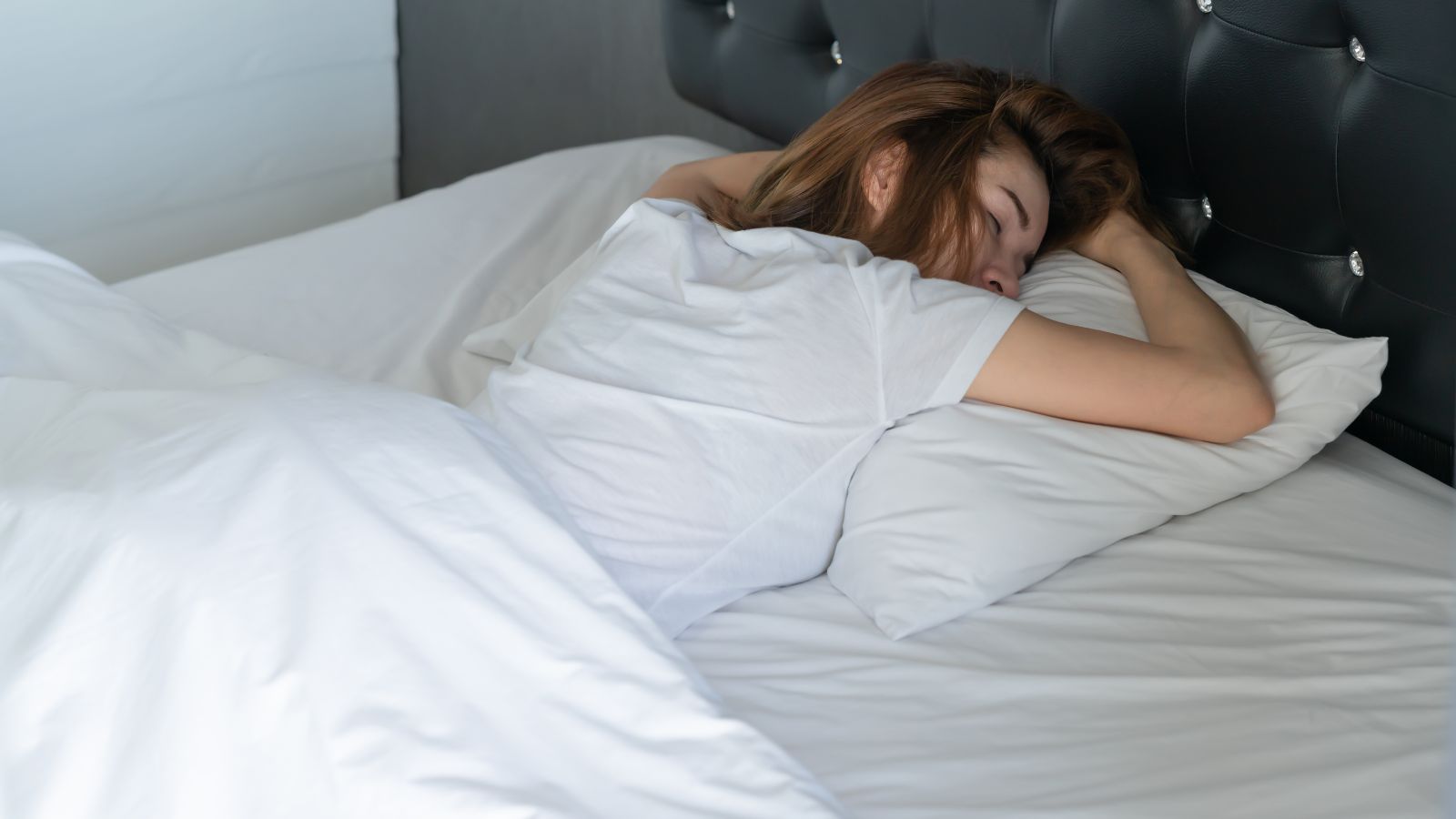
The way you sleep is an important factor that many overlook. You might not realize it, but your sleep position can impact how well you rest. For example, sleeping on your stomach can cause neck strain, while lying on your back might lead to snoring or sleep apnea.
If you’re a side sleeper, use a supportive pillow that keeps your neck aligned with your spine. Minor adjustments to your sleep posture can significantly affect how well you sleep.
Hidden Caffeine Intake
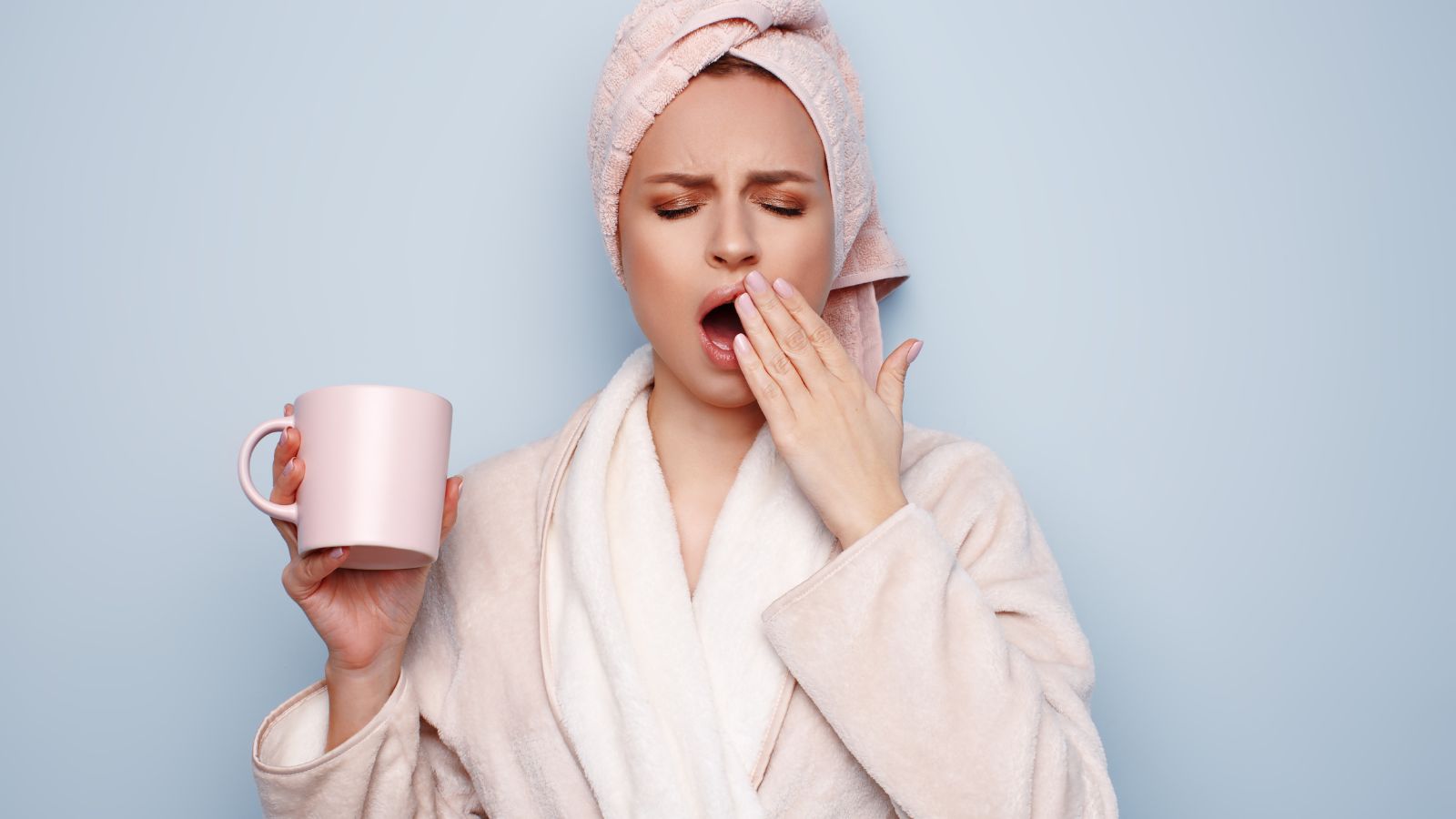
Most of us know that coffee can keep us up at night, but did you know that caffeine can be sneaky? It’s not just in coffee and tea; you might consume caffeine in other unexpected places, like chocolate, soda, or some medications. The truth is that caffeine can stay in your system for hours, affecting your ability to fall asleep.
Bedroom Temperature

The temperature of your bedroom may not be something you usually consider concerning your sleep quality, but it can significantly affect your comfort. If your room is too warm, you might wake up sweaty and uncomfortable. Conversely, if it’s too cold, you could shiver or feel restless.
The ideal temperature is between 60 and 67°F (15 to 20°C) for most people. A cooler room helps signal your body that it’s time to sleep. Experiment with blankets, fans, or adjusting the thermostat to find the right balance for your comfort.
Noise Pollution
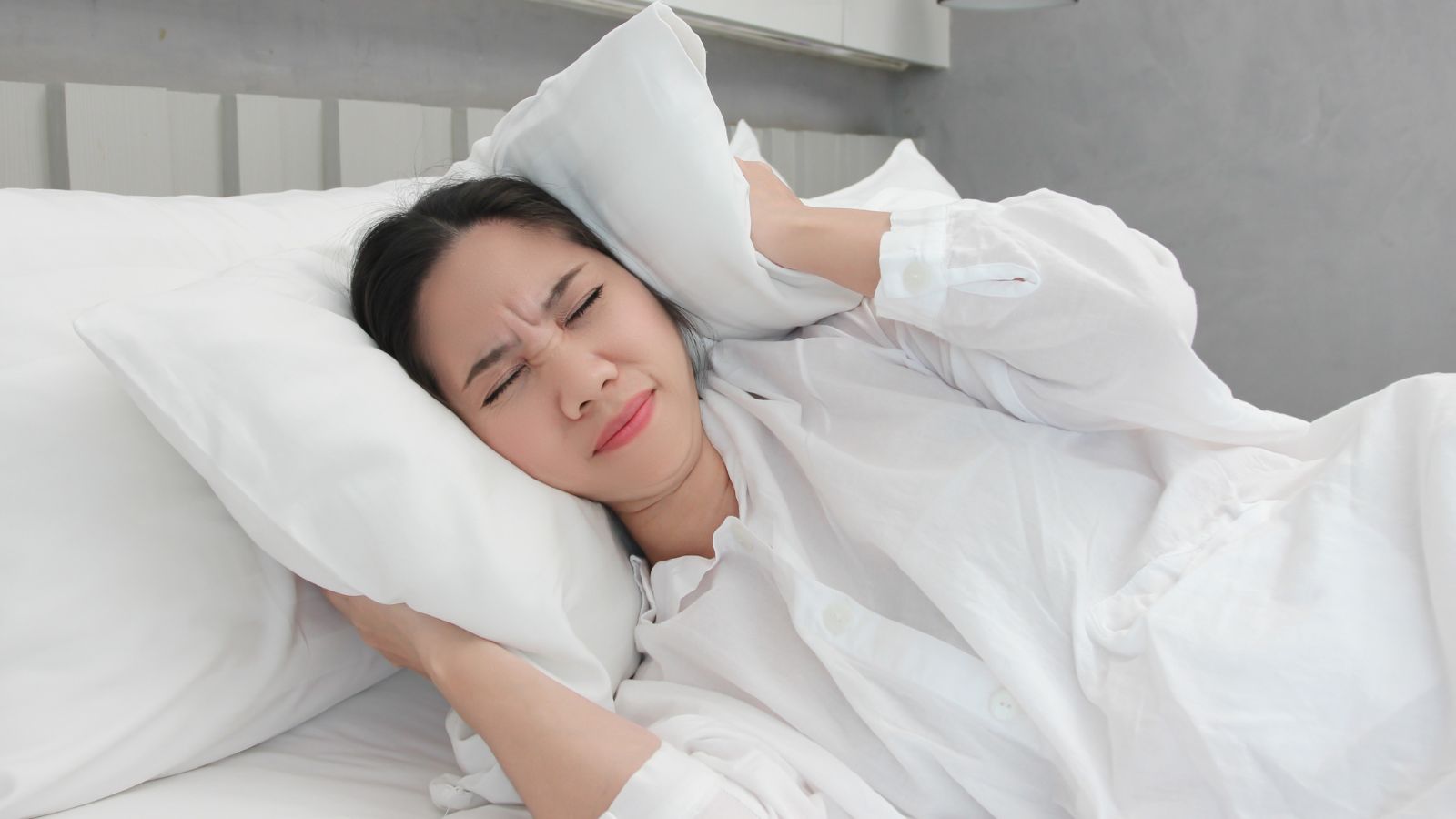
You might think that a quiet room is a peaceful one, but there could be hidden noises that are disturbing your sleep. Even if you don’t wake up fully, sounds like a ticking clock, a distant car engine, or the hum of an appliance can disrupt your sleep cycle.
These background noises can prevent you from reaching the deeper stages of rest, leaving you groggy in the morning. Consider using earplugs or a white noise machine to block distractions if you live in a noisy area or have a sensitive sleep cycle.
Blue Light Exposure
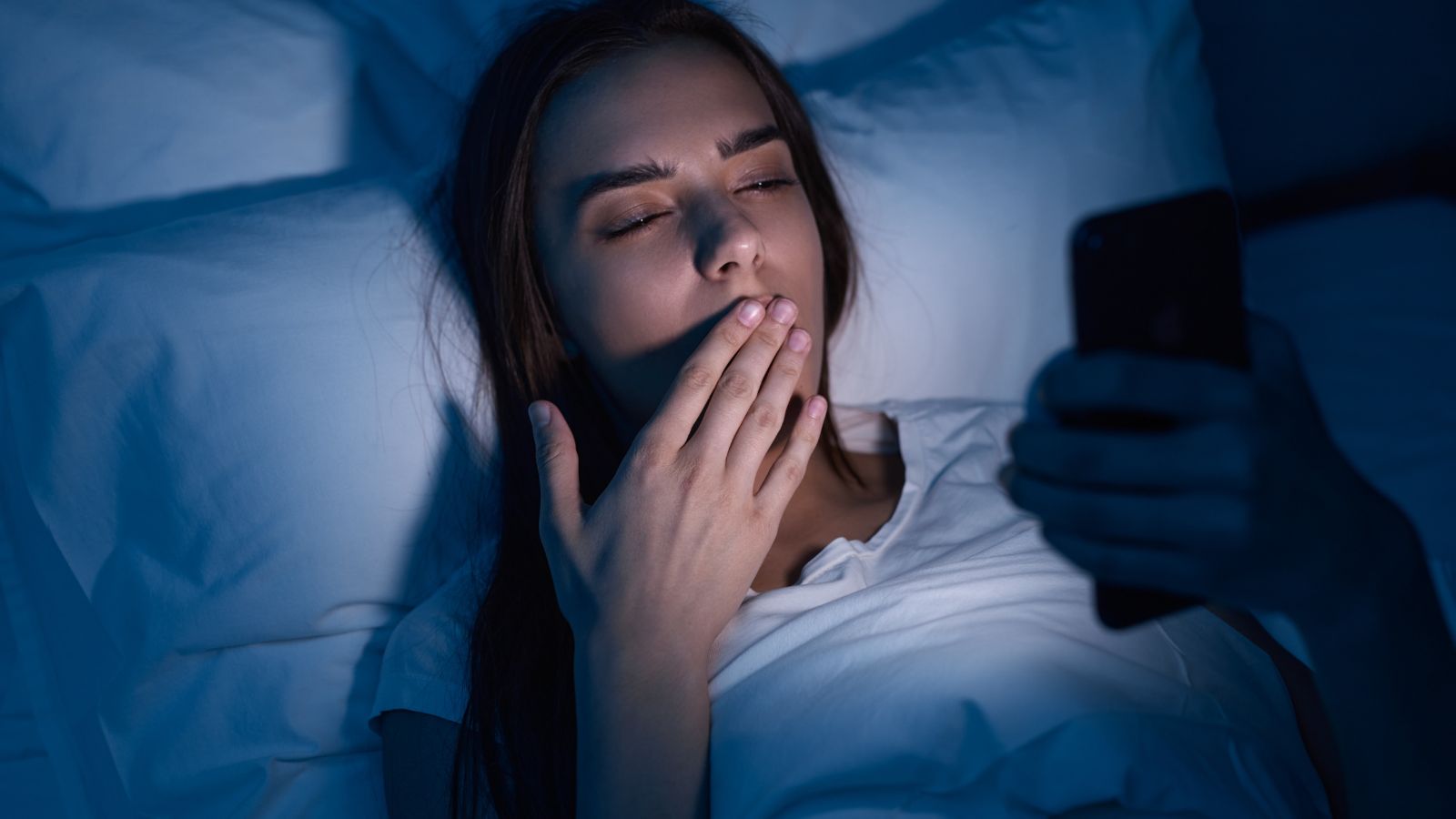
We all love our screens, but they can interfere with your sleep more than you realize. The blue light emitted by your phone, tablet, or TV tricks your brain into thinking it’s still daytime, which can delay the release of melatonin, the hormone that signals your body it’s time to sleep.
To get your sleep back on track, try putting away screens at least an hour before bed. If you must use your phone, consider using a blue light filter, which can help reduce the impact on your sleep cycle.
Nighttime Eating Habits

What you eat before bed plays a more significant role in sleep than most realize. Eating heavy meals, spicy foods, or drinking too much alcohol late in the evening can disrupt your sleep and make it harder for your body to relax.
Heavy meals can cause indigestion or acid reflux, while sugar or alcohol can disrupt your sleep cycle. Instead, opt for a light snack if you’re hungry—things like a banana, nuts, or yogurt won’t leave your digestive system working overtime while you try to rest.
Alcohol
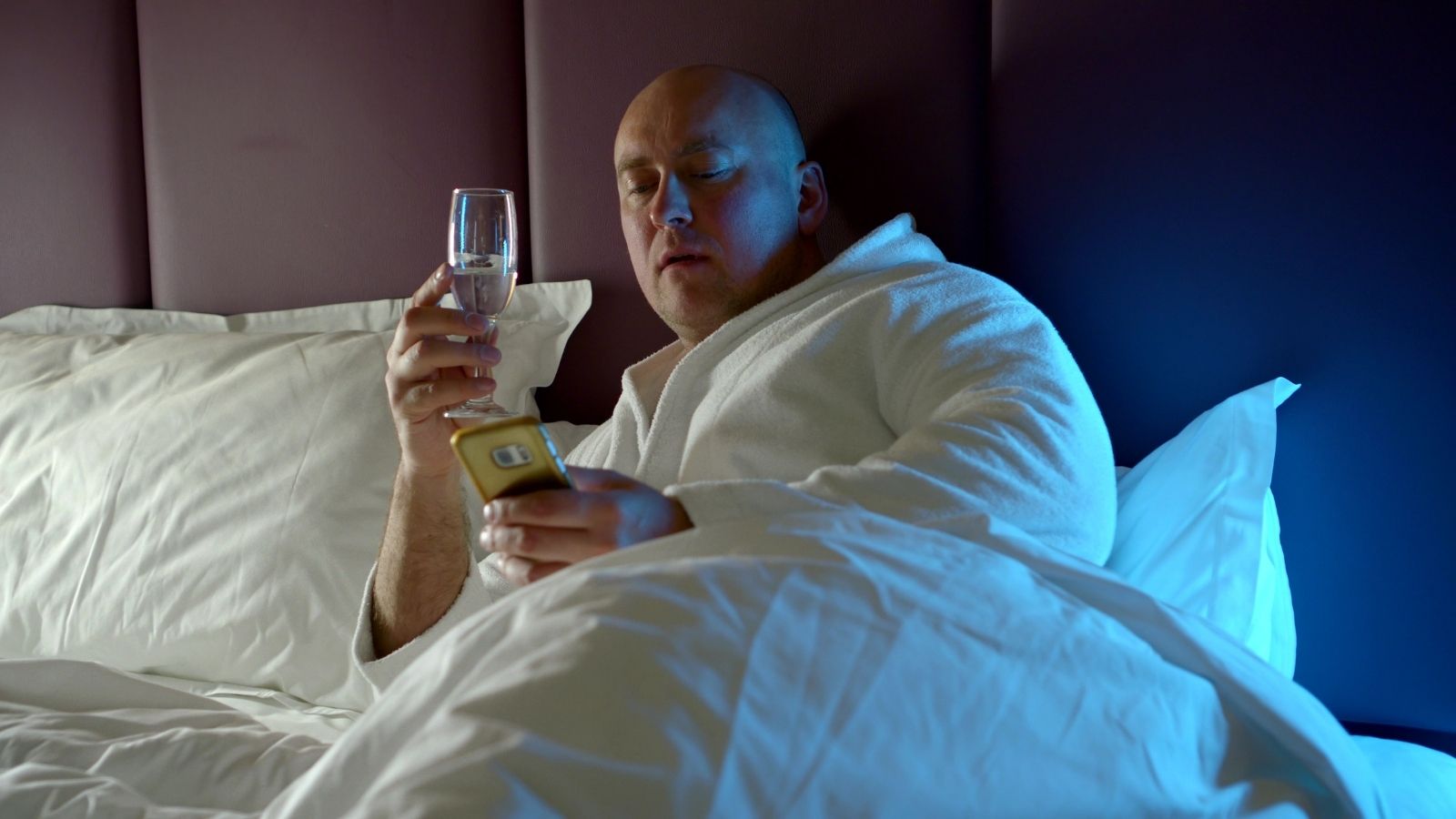
Many people use alcohol as a way to unwind, but it can disrupt your sleep. While it may help you fall asleep faster, alcohol interferes with the quality of your sleep, particularly during the REM stage, which is essential for emotional and mental restoration. You might wake up in the middle of the night or feel groggy the next morning.
Hormonal Imbalance
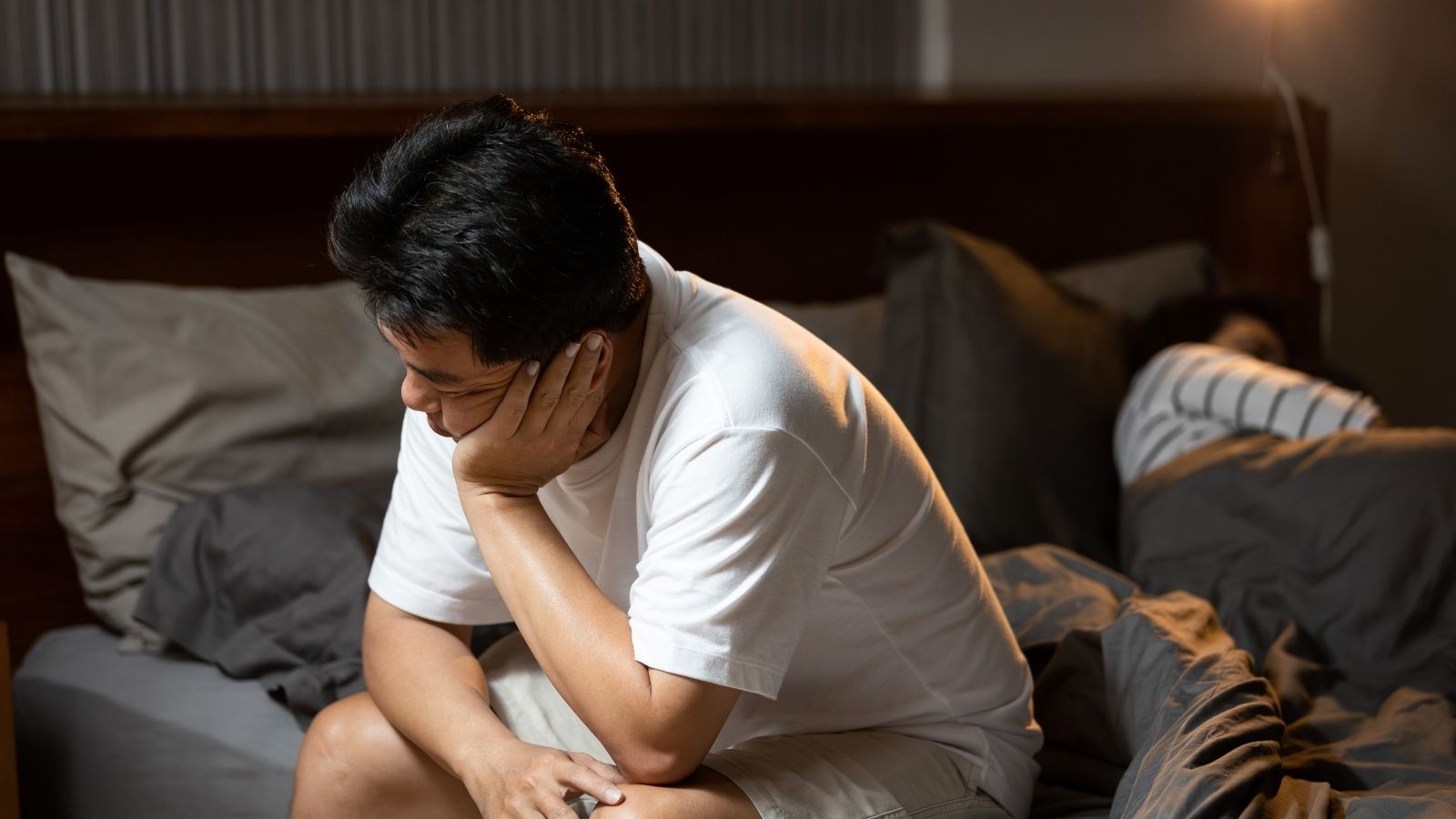
Hormones are another often overlooked factor in sleep disruptions. Women, in particular, experience hormonal fluctuations due to pregnancy, menopause, or even thyroid imbalances, all of which can affect how well they sleep. Hot flashes, night sweats, or mood swings can all make it difficult to get a restful night’s sleep.
If you suspect that hormonal changes are playing a role in your sleep struggles, talk to your doctor. There may be treatments or lifestyle adjustments that can help you restore balance and improve your rest.
Medications

If you take prescription medication, it’s possible that it could be interfering with your sleep without you realizing it. Many medications, including those for anxiety, depression, blood pressure, and even allergies, have side effects that can cause insomnia or disrupt your sleep cycles.
Chronic Pain

Chronic pain conditions, such as arthritis, back pain, or fibromyalgia, can make it incredibly difficult to sleep soundly. Pain often keeps you from finding a comfortable position, which leads to restless nights.
If you’re struggling with chronic pain, make sure to talk to your healthcare provider about ways to manage the pain. A more supportive mattress or pillow may also make a difference and incorporate relaxation techniques like stretching before bed.
Sleep Environment Clutter
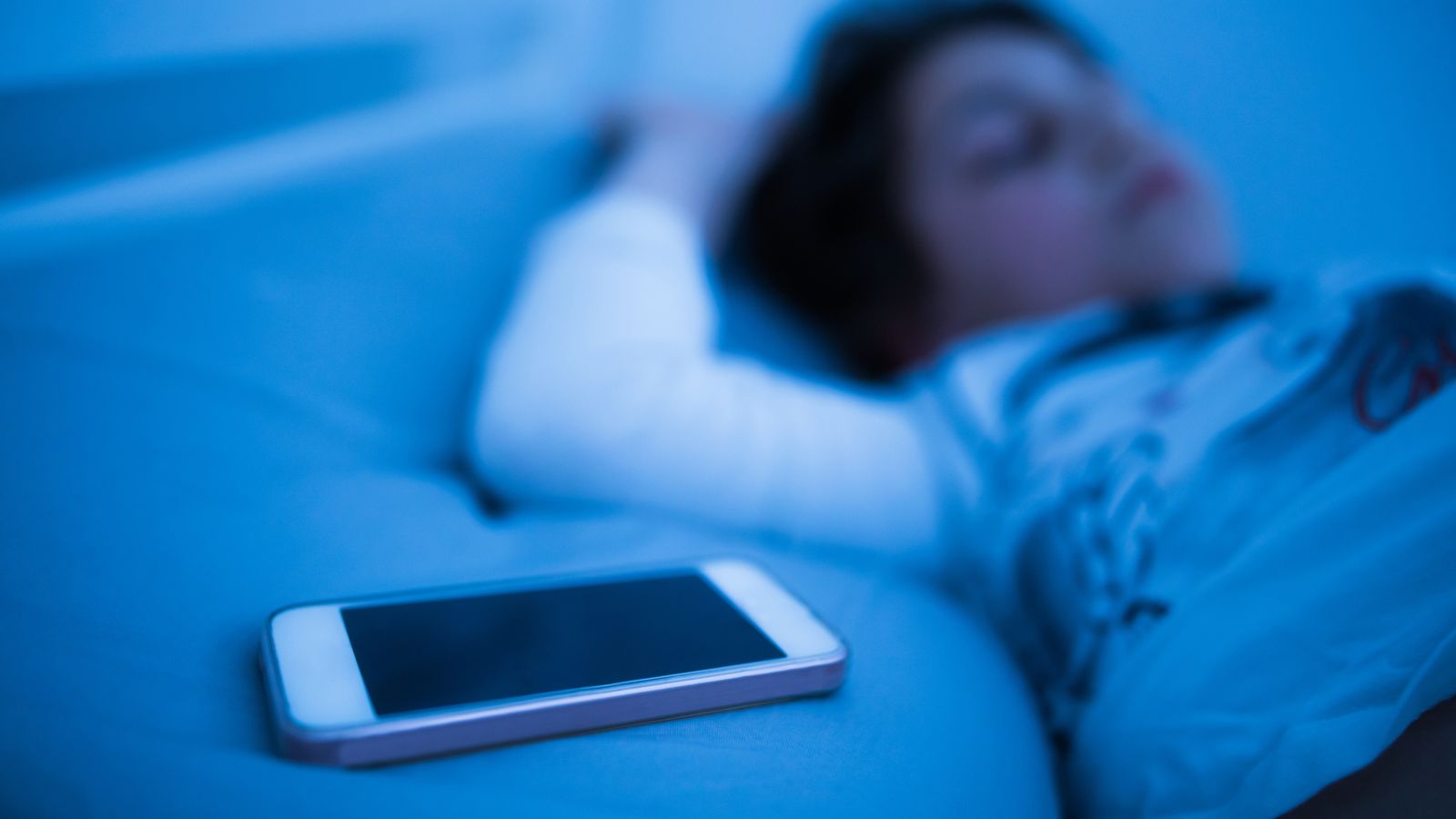
A cluttered bedroom can negatively impact your sleep quality. When your room is messy or disorganized, it can create feelings of anxiety or restlessness that make it harder to unwind. Your bedroom should be a sanctuary where you can relax and recharge. Keep the space neat, and opt for calming colors and minimalistic decor to promote a peaceful atmosphere conducive to sleep.
Too Much Daylight
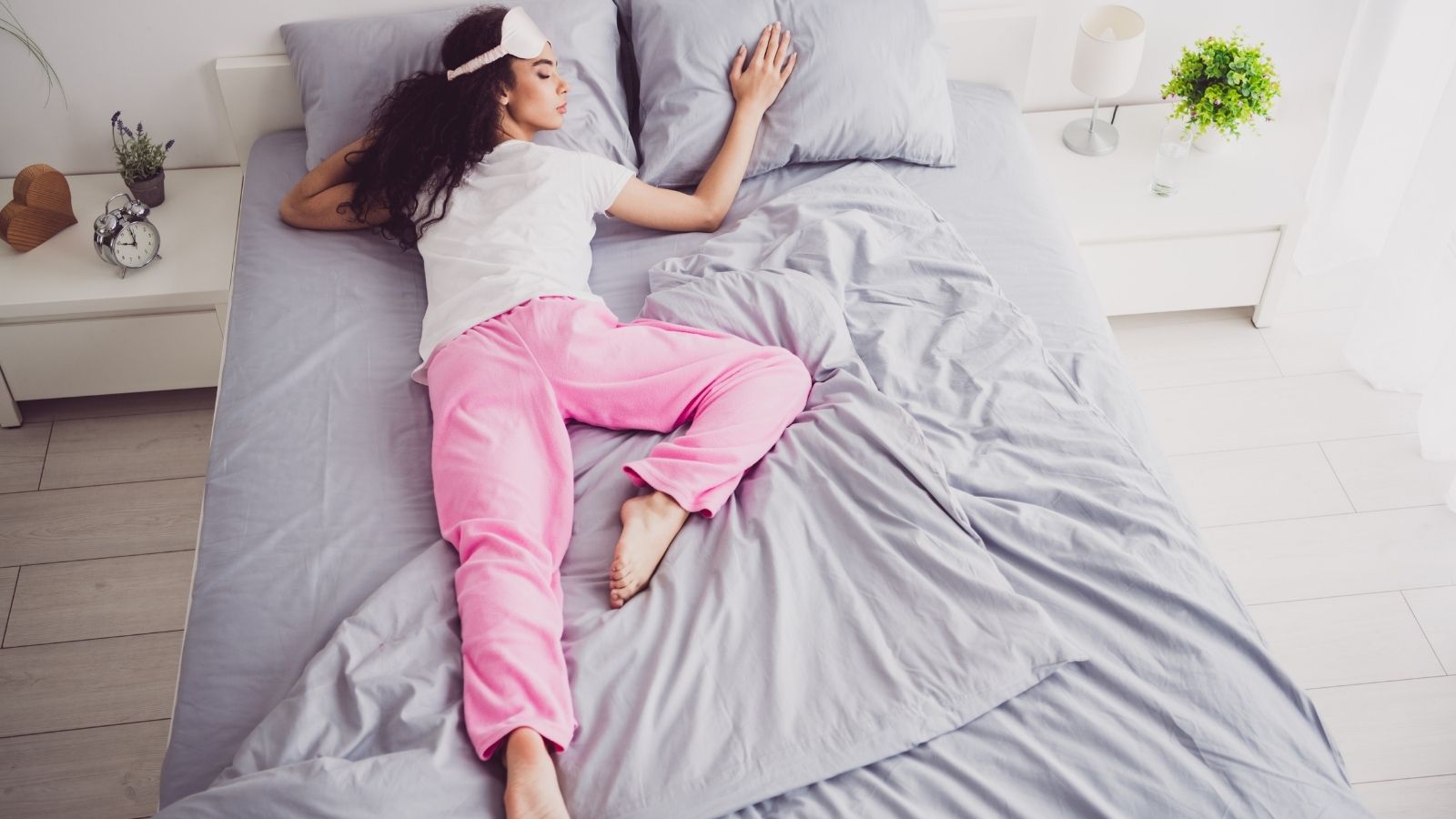
Daylight affects your internal clock, telling your body when it’s time to wake up and when it’s time to sleep. However, too much exposure to light in the evening can confuse your body’s natural sleep-wake cycle. Try dimming the lights as bedtime approaches, and avoid bright screens in the hour or two before bed.
Poor Sleep Hygiene

Sleep hygiene refers to the habits and routines that promote good sleep. If you’re inconsistent with your bedtime or use your bed for activities like watching TV or working, your brain may have trouble associating the bed with rest. To improve your sleep hygiene, create a calming pre-bedtime routine and stick to a regular sleep schedule—even on weekends.
Mental Health Struggles

Anxiety, depression, and stress are major sleep disruptors. Worrying about the day’s events or your future can cause your mind to race when you lie down, making it difficult to unwind. Practicing mindfulness, deep breathing exercises, or journaling before bed can also help calm your mind and promote better sleep.
Underlying Medical Conditions

Sleep disorders like sleep apnea, restless leg syndrome (RLS), and GERD (gastroesophageal reflux disease) can directly impact your ability to sleep. Sleep apnea, for example, causes breathing interruptions throughout the night, leading to fragmented sleep. If you suspect an underlying medical condition might be affecting your sleep, don’t hesitate to talk to your doctor. Getting the proper diagnosis and treatment can drastically improve your sleep quality.
Inconsistent Exercise Routine
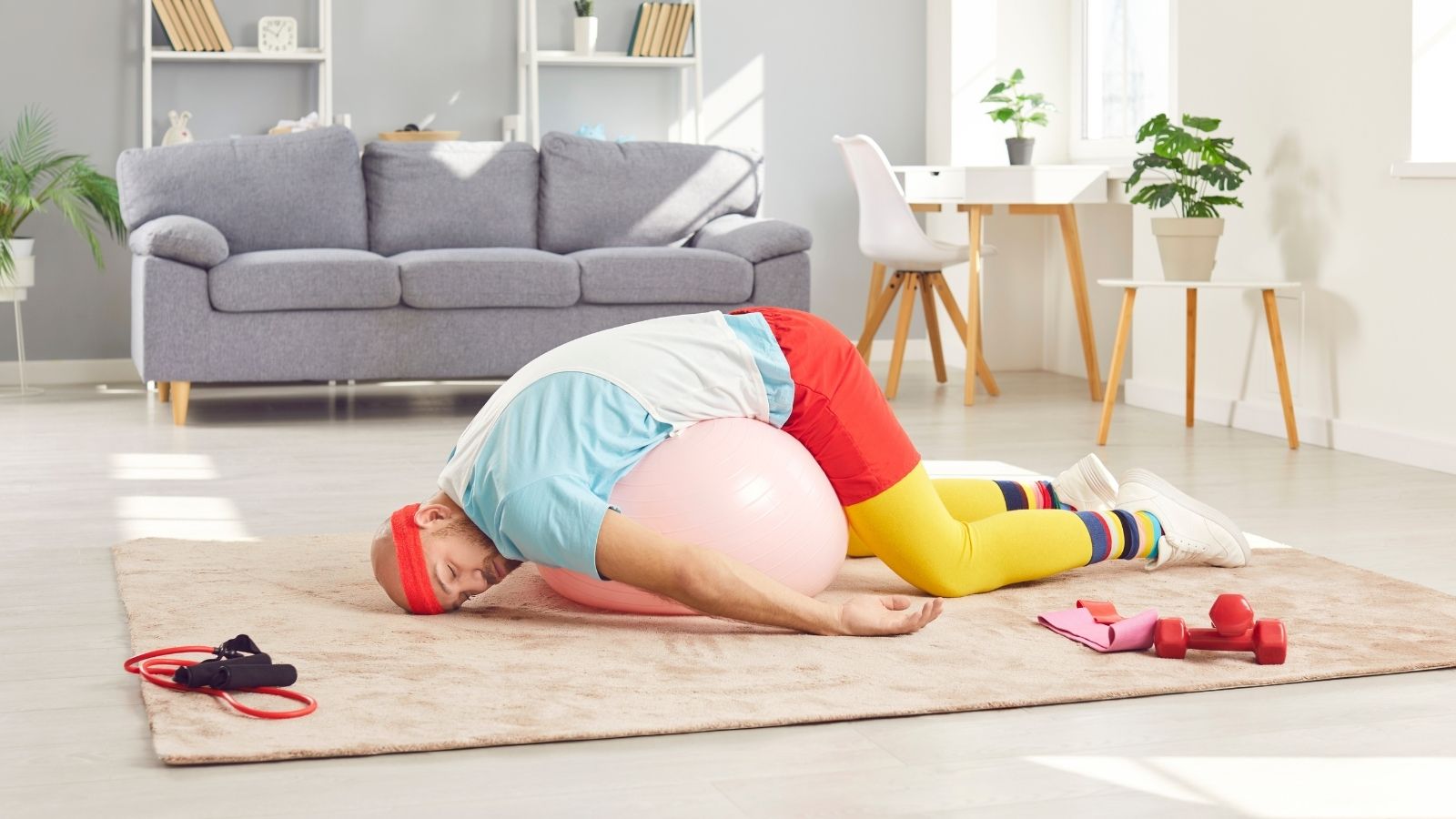
Exercise is great for sleep, but timing matters. While regular physical activity helps regulate sleep patterns, exercising too late in the evening can energize your body, making it harder to fall asleep. Try to finish intense exercise at least a few hours before bed so your body can cool down and relax.
Psychological Associations
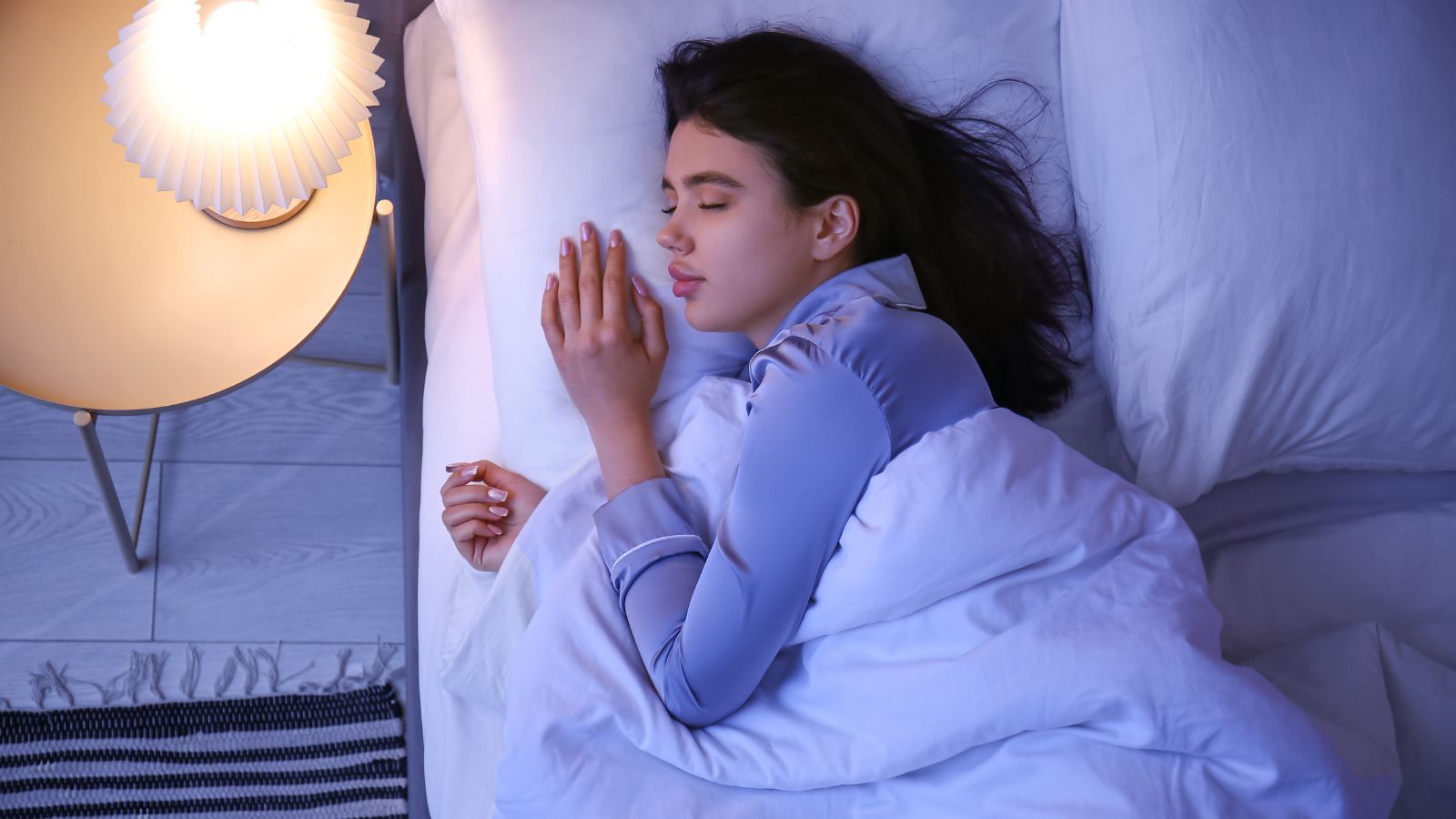
Your brain associates certain places with certain activities. If you use your bed for more than sleep—for working, watching TV, or browsing your phone—your brain may have trouble associating it with rest. Make your bedroom a dedicated space for sleep and intimacy to improve your sleep. This helps reinforce the connection between your bed and restful sleep.
Conclusion

Getting a good night’s sleep isn’t always as simple as just turning off the lights and lying down. Many unexpected factors—ranging from your pillow choice to your evening routine—can impact your ability to sleep well.
Paying attention to the small details and adjusting your habits can improve your sleep quality and help you wake up feeling rested, refreshed, and ready for the day ahead. If sleep problems persist, consult a healthcare provider to address any underlying medical or psychological issues.
25 Countries Predicted to Become Economic Superpowers in the Next 20 Years

The strength of an economy plays a crucial role in various international policies about trade and relations. Certain factors determine the strength of an economy, including population growth, availability of resources, and development and advancement. Here are 25 countries predicted to become economic superpowers in the next 20 years
25 Countries Predicted to Become Economic Superpowers in the Next 20 Years
